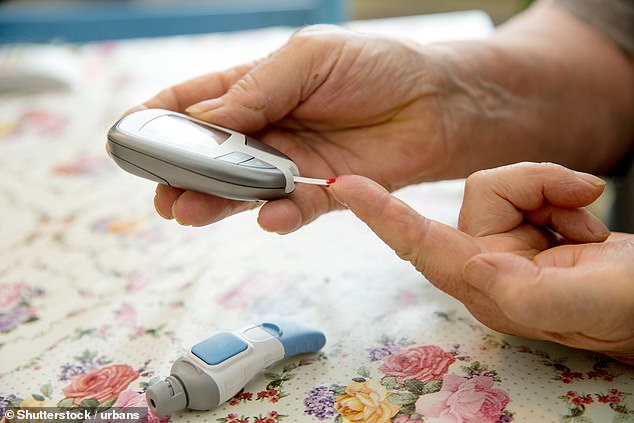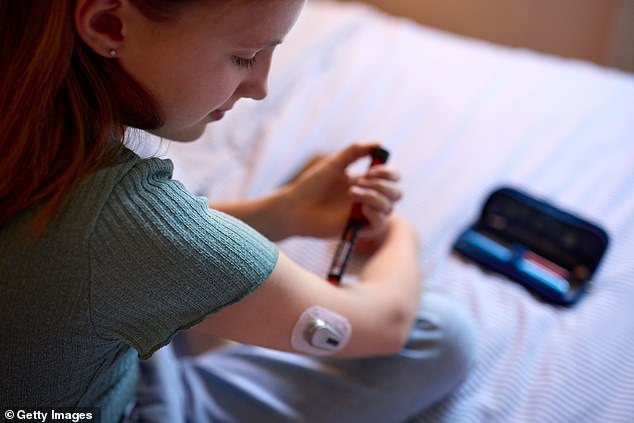Increasing your intake of ultra-processed foods by just 10 percent increases your risk of developing type 2 diabetes by up to a sixth, a study suggests.
But researchers have also found that the risk can be reduced by eating different types of processed foods.
The study, a collaboration between University College London (UCL), the University of Cambridge and Imperial College London, found that every 10 per cent increase in the amount of ultra-processed foods (UPF) in a person’s diet was linked to a 17 per cent increased risk of type 2 diabetes, but that this appeared to be reduced by consuming “less processed” foods.
Samuel Dicken, first author of the study, published in The Lancet Regional Health – Europe, said: ‘Every 10 per cent increase in diet from UPF significantly increases the risk of developing type 2 diabetes.
‘Most studies to date only consider UPF as a whole, but we also suspect that there may be different risks associated with different types of UPF, and the risks of other processing groups have not been investigated in depth.’
Increasing consumption of ultra-processed foods by just 10 percent increases the risk of developing type 2 diabetes by up to one-sixth. (File photo)

The UPF groups with the highest risk were salty snacks, ready-made meals, animal products such as processed meats, and sugary or artificially sweetened beverages. (File photo)

Pictured here is Samuel Dicken, first author of the study, which was published in The Lancet Regional Health – Europe

Each 10 percent increase in the amount of ultra-processed foods (UPF) in a person’s diet was associated with a 17 percent increase in the risk of type 2 diabetes. (File photo)

The exact causes of the relationship between UPF and type 2 diabetes are not confirmed. (File photo)

The degree of processing of foods is usually assessed using the Nova classification. (File photo)
The UPF groups most at risk were found to be salty snacks, ready-made meals, animal products such as processed meats, and sugar-sweetened and artificially sweetened beverages.
Bread and cereals were considered less dangerous.
The degree of processing of foods is most often assessed using the Nova classification, which divides foods into four groups: unprocessed or minimally processed foods, such as eggs, milk, and fruit; processed culinary ingredients, such as salt, butter, and oil; processed foods, such as canned fish, beer, and cheese; and ultra-processed foods, such as ready-to-eat/heat meals, savory snacks, sweets, and desserts.
Dicken said: “Our analysis goes a step further than previous studies, looking at all four processing groups in the Nova classification to measure the impact on type 2 diabetes risk when we substitute UPF foods with less processed foods.” She added: “The good news is that substituting UPF foods with less processed foods was associated with a lower risk of type 2 diabetes.”
The study followed 300,000 people in eight European countries over a decade.
The exact causes of the link between UPF and type 2 diabetes are not confirmed, although many factors are thought to be involved, including excessive consumption and weight gain.


